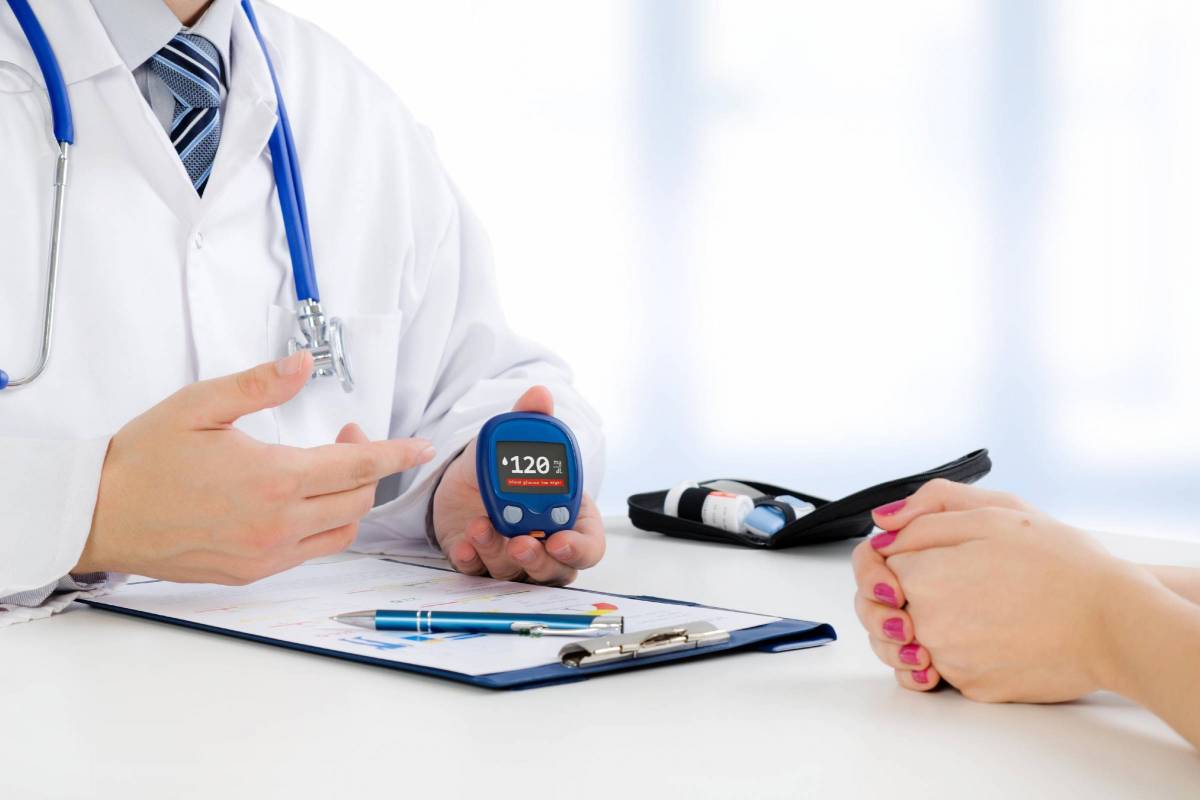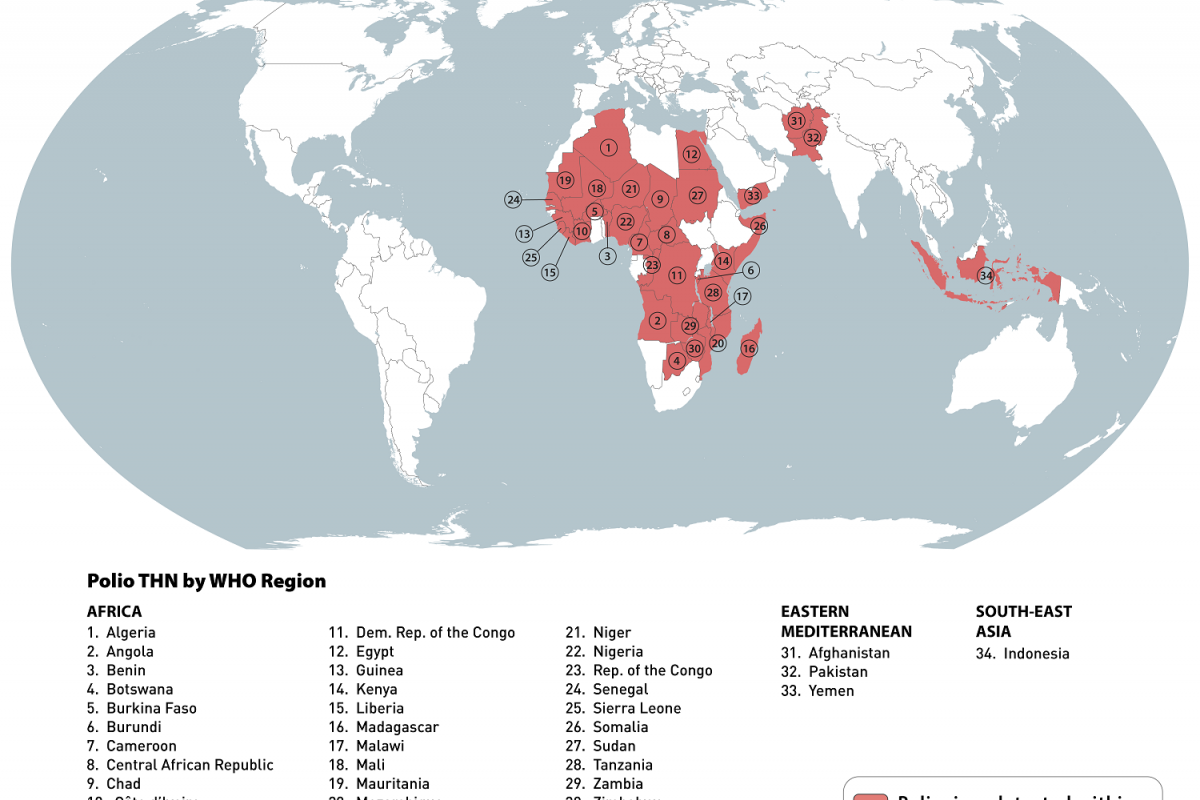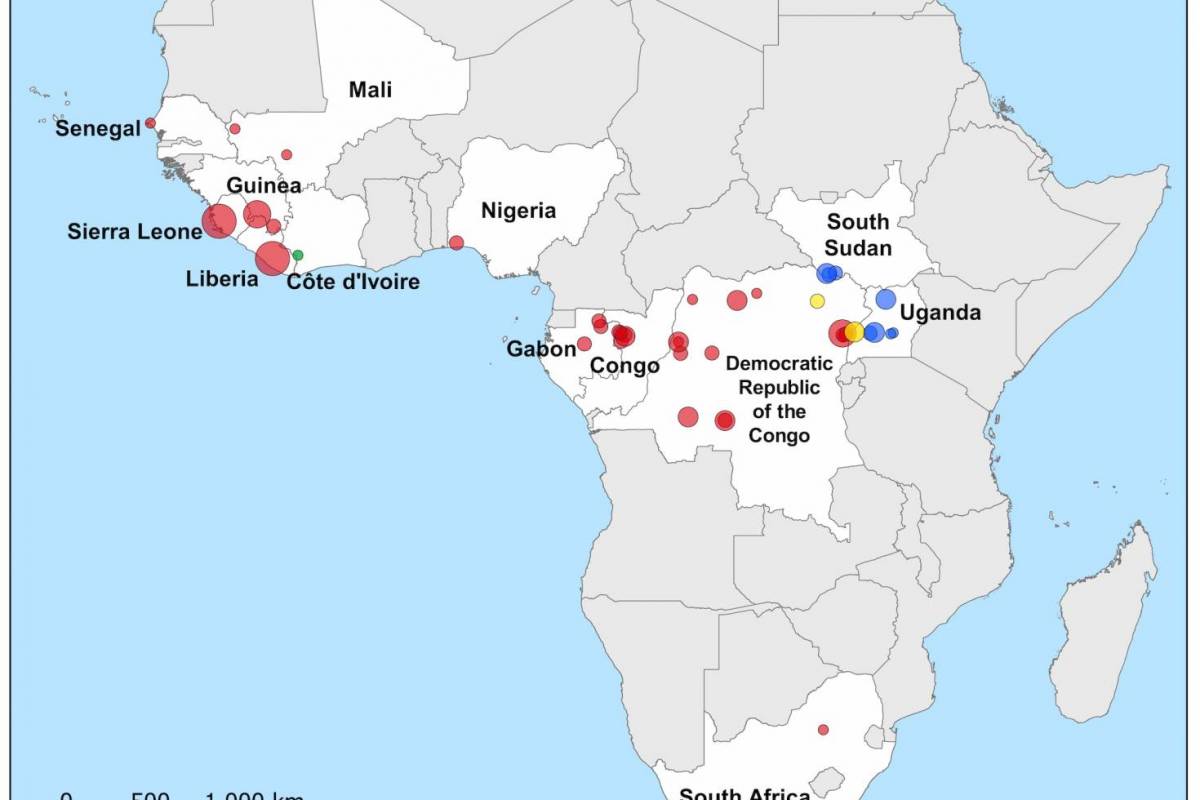According to researchers at the University of Minnesota, a common diabetes drug has been found to reduce the amount of SARS-CoV-2 coronavirus and lower the risk of COVID-19 rebound symptoms when administered early during non-severe illness.
"The results of the study are important because COVID-19 continues to cause illness, both during acute infection and for months after infection," said Carolyn Bramante, MD, principal investigator and an assistant professor at the U of M Medical School, in a press release on May 2, 2024.
This study was published in the journal Clinical Infectious Diseases on May 1, 2024.
These researchers wrote that in this randomized, placebo-controlled phase 3 clinical trial of outpatient treatment of SARS-CoV-2, metformin significantly reduced the viral load.
The mean SARS-CoV-2 viral load was reduced 3.6-fold with metformin relative to placebo (−0.56 log10 copies/mL; 95% confidence interval [CI], −1.05 to −.06; P = .027).
Those who received metformin were less likely to have a detectable viral load than placebo at day five or day 10 (odds ratio [OR], 0.72; 95% CI, .55 to .94).
Viral rebound, defined as a higher viral load on day ten than on day 5, was less frequent with metformin (3.28%) than with placebo (5.95%; OR, 0.68; 95% CI, .36 to 1.29).
The metformin effect was consistent across subgroups and increased over time.
In a related commentary, the study authors wrote, "This study makes a strong case for a potential effect of metformin on COVID-19.... and prompts a reevaluation of existing data in support of its use."
The Rainwater Charitable Foundation, The Parsemus Foundation, UnitedHealth Group, and Fast Grants funded the clinical trial. Drs. Bramante and Jacinda Nicklas' time was supported by the National Institutes of Health














